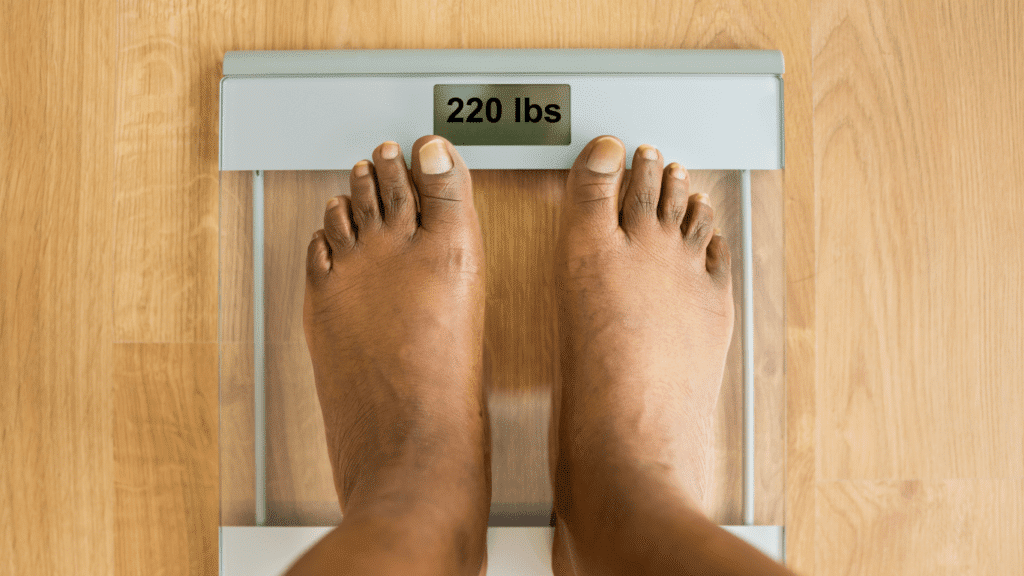Achieving and maintaining a healthy weight can be a challenging endeavor, especially with the myriad of diets and fitness regimens available. For men, tailored strategies that combine diet, exercise, and medical support can be particularly effective. Here are some tips and strategies to help men embark on a successful weight loss journey.
The Importance of a Balanced Diet
- Prioritize Protein Intake: Protein is crucial for muscle repair and growth, and it can help increase satiety, reducing overall calorie intake. Incorporate lean meats, fish, eggs, beans, and legumes into your meals.
- Reduce Processed Foods: Processed foods are often high in sugars, unhealthy fats, and empty calories. Opt for whole foods such as fruits, vegetables, whole grains, and lean proteins.
- Control Portions: Even healthy foods can contribute to weight gain if eaten in large quantities. Use smaller plates, measure your food, and be mindful of portion sizes to avoid overeating.
- Stay Hydrated: Drinking water before meals can help you feel fuller and prevent overeating. Aim for at least eight glasses of water a day, and consider reducing calorie-laden beverages like sugary drinks and alcohol.
- Plan Your Meals: Meal planning can help you make healthier choices and avoid last-minute unhealthy options. Prepare balanced meals ahead of time to ensure you have nutritious options readily available.
Exercise: Finding the Right Routine
- Strength Training: Incorporating strength training into your routine is essential for building muscle mass, which can boost metabolism and aid in weight loss. Aim to work out all major muscle groups at least twice a week.2. Cardiovascular Exercise: Cardio exercises like running, cycling, and swimming can help burn calories and improve heart health. Aim for at least 150 minutes of moderate-intensity or 75 minutes of high-intensity cardio each week.
- High-Intensity Interval Training (HIIT): HIIT involves short bursts of intense activity followed by periods of rest or low-intensity exercise. This can be an efficient way to burn calories and improve cardiovascular fitness in a shorter time.
- Stay Active Throughout the Day: Incorporate physical activity into your daily routine. Take the stairs instead of the elevator, go for walks during breaks, and stand up and stretch regularly if you have a desk job.
- Find Activities You Enjoy: Consistency is key in any exercise routine. Find physical activities you enjoy, whether it’s a sport, hiking, or dancing, to ensure you stay motivated and committed.
Medical Support and Professional Guidance
- Consult a Healthcare Provider: Before starting any weight loss program, consult with a healthcare provider to ensure it’s safe and appropriate for you. They can help identify any underlying health issues that may affect your weight loss efforts.
- Seek Nutritional Counseling: A registered dietitian can provide personalized dietary advice and help you create a sustainable eating plan tailored to your needs and preferences.
- Consider Behavioral Therapy: Behavioral therapy can address emotional eating and other psychological factors that contribute to weight gain. A therapist can help you develop healthier eating habits and coping strategies.
- Explore Medical Interventions: In some cases, medical interventions such as prescription medications or bariatric surgery may be necessary. These options should be discussed thoroughly with a healthcare provider to understand the benefits and risks.
- Join Support Groups: Weight loss support groups, either in-person or online, can provide encouragement, accountability, and practical tips from others who are on a similar journey.

